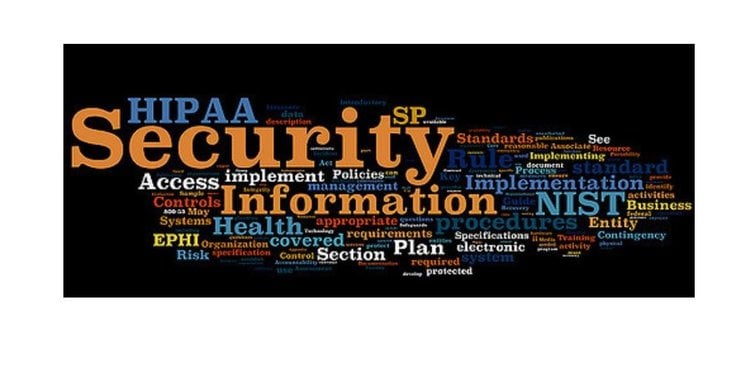How Technology Can Affect Your HIPAA Compliance

IF YOU ARE A MEMBER OF A HEALTHCARE ORGANIZATION WORKING WITH PROTECTED HEALTH INFORMATION, YOU NEED TO MAKE SURE ALL COMMUNICATION, STORAGE, AND TRANSMISSION OF PROTECTED HEALTH INFORMATION ARE HIPAA COMPLIANT. BUT WHAT IS HIPAA COMPLIANCE, AND HOW DOES YOUR MEDICAL PRACTICE’S USE OF TECHNOLOGY IMPACT THIS?
Let’s first look at why HIPPA Compliance is so important:
Keeping patient data secure and protected is an essential part of the trust that a patient places in the hands of their healthcare provider. A patient is confident and more willing to seek care if they are confident their data is safe. A healthcare provider that is transparent about their HIPAA compliance will encourage that same level of transparency in patients.
A HIPAA violation, unintentional or not, can be costly for a healthcare provider. Failing to comply with HIPAA regulations can result in fines, criminal penalties and not to mention the loss of business.
In order to be HIPAA compliant, you must follow the Security Rule and the Privacy Rule.
The Security Rule “requires appropriate administrative, physical and technical safeguards to ensure the confidentiality, integrity, and security of electronic protected health information.”
The Privacy Rule “requires appropriate safeguards to protect the privacy of personal health information, and sets limits and conditions on the uses and disclosures that may be made of such information without patient authorization.”
SO HOW DOES TECHNOLOGY AFFECT YOUR COMPLIANCE:
Patient data storage, network security, and digital communications are just a few of the ways that technology functions in the day-to-day operations of a medical practice.
Network Security
Operating on a secure network is crucial to maintaining HIPAA compliance. Network security concerns all methods of transmitting data. This data can be transmitted via email, Internet, or even over a private network, such as a private cloud.
Patient Data Storage
Storage options for protected health information (PHI) are important to consider when maintaining HIPAA compliance. Storage needs will vary, and depend on the amount and type of data that the your organization holds. Healthcare organizations should consider opting for HIPAA compliant data storage options, such as on-premise storage or cloud-based technologies.
Communication With Patients
HIPAA compliant email ensures that an email with PHI is delivered securely to the recipient’s inbox. By using a secure email server or hosted solution, all messages sent over the network will be protected. HIPAA encryption requirements for transmission security state that covered entities should “implement a mechanism to encrypt PHI whenever deemed appropriate”.
Maintaining HIPAA compliance for your medical practice can seem very overwhelming at first, but we are here to help. In addition to handling your HIPAA technology compliance, we can assist you with completing any HIPAA documentation or paperwork. Contact us today for questions about how we can assist your medical practice with your compliance needs.